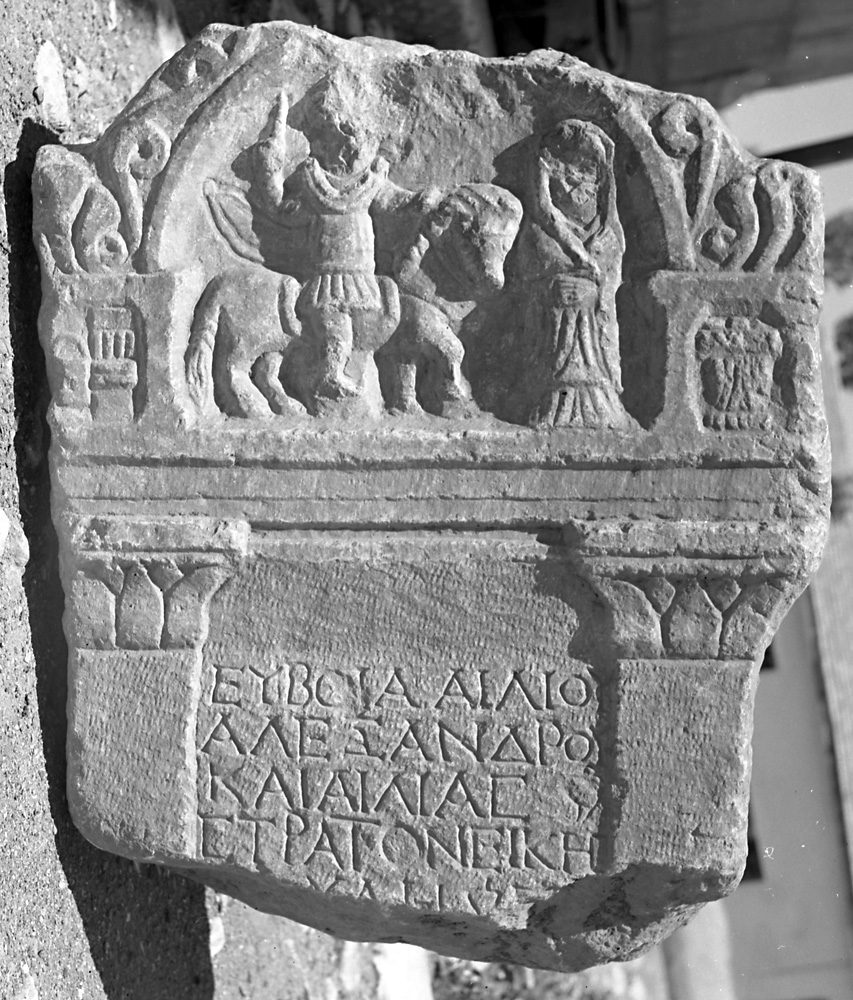
Rewriting the history of Greek slave systems
Kostas Vlassopoulos, University of Crete
April 18, 2024 · 4:30 pm—6:00 pm · A17 Julis Romo Rabinowitz
Program in the Ancient World

The history of Greek slavery has been usually approached in a static and myopic way. After the supposed emergence of slave societies in archaic Greece, it is usually assumed that nothing significant changed until late antiquity. At the same time, Greek slavery is usually tantamount to slavery in classical Athens; as a result, the slave systems of the Eastern Mediterranean in the Hellenistic and Imperial periods remain little studied and generally unknown. This lecture aims to present a new framework for the study of Greek slave systems that incorporates both spatial diversity across the Greek-speaking Eastern Mediterranean and temporal change from the archaic to the Roman Imperial period.
Kostas Vlassopoulos studied in Athens and Rethymnon and obtained his PhD in 2005 from the University of Cambridge. From 2005 to 2015 he taught ancient Greek history at the University of Nottingham. Since 2015 he has been teaching ancient history at the Department of History-Archaeology of the University of Crete, where he is an associate professor. In 2019 he became a collaborating faculty member at the Institute of Mediterranean Studies (IMS), while from 2022 he is the Director of the Department of the Ancient and Byzantine World at the IMS. He directs an international research program (2023-2028) funded by the ERC on the role of slaves in the historical development of ancient societies between 1000 BC. and 300 AD
His research interests include a variety of topics, such as the history of ancient slavery, the history of globalization and intercultural relations in antiquity, comparative history and the history of ancient political thought and its contemporary reception. He is the author of seven monographs and dozens of articles. His books include: Greeks and Barbarians (2013), Communities and Networks in the Ancient Greek World (2015), My Life: Everyday Stories of Slaves from Antiquity (2020), Historicising Ancient Slavery (2021), Greek and Roman Slaveries (2022), and Enslaved Persons and their Multiple Identities in Ancient Societies (2022).















